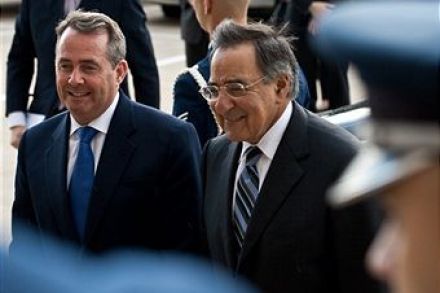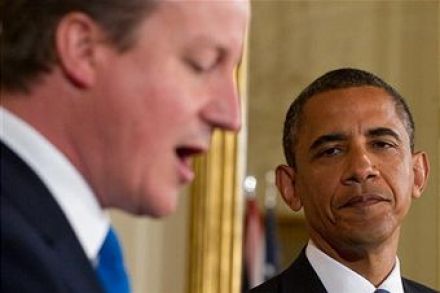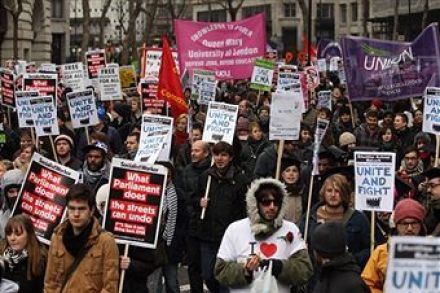The last of England
Martin Vander Weyer’s column in the latest issue of the magazine is essential reading. It features five current stories from the business world. The Vickers report, Martin says, will merely offer the same poor service for consumers at a greater cost. Martin also notes, as he did two weeks ago, that American banks are winding down their lending to European counterparts in anticipation of a crash, and adds that American politicians are keen to paint Europe as the bogeyman for their financial ills, conveniently ignoring the failure of Obama’s hugely expensive stimulus. Martin also touches on unemployment and the Eurozone crisis. His final vignette is a parable for our troubled















